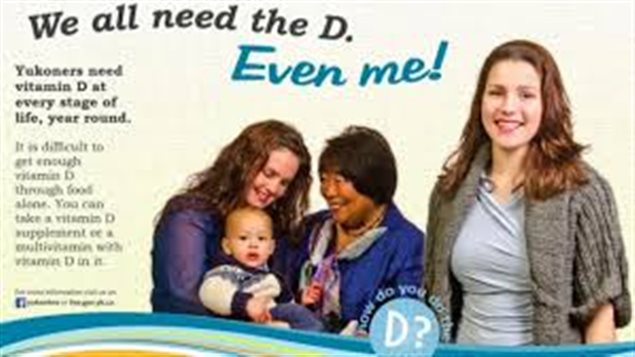We’ve heard much over the years about the benefits of Vitamin D supplements–the so-called sunshine vitamin.
Vitamin D deficiencies have been linked to breast cancer, colon cancer, prostate cancer, heart disease, depression, weight gain and–of special interest to Canadians and Northern Europeans who don’t get a lot of winter sun–to rickets.
Now, researchers at the University of Alberta suggest there might not be as much medical benefit from those supplements and was previously thought.

Over the past seven years, the team examined the evidence for 10 common beliefs about the pills, including their ability to reduce falls and fractures to their use in preventing rheumatoid arthritis and treating multiple sclerosis.
There is little evidence, the research revealed, that Vitamin D has much effect as a nutritional supplement or that Vitamin D pills play a significant role in reducing the number of falls among the elderly and reducing fractures.
The research team was led by Dr. Michael Allan, director of Evidence-Based Medicine at the University of Alberta and a practising physician for over 15 years at Northeast Community Health Centre in Edmonton.
The findings can be found in the July issue of the Journal of General Internal Medicine.
Dr. Allan spoke with RCI by phone on Thursday from Edmonton.
Listen






For reasons beyond our control, and for an undetermined period of time, our comment section is now closed. However, our social networks remain open to your contributions.